Human Cystatin C ELISA Kit
$299.00 – $419.00
ELISA Kit Detail Information
| Related Target | |
|---|---|
| Species | human |
| Sample Type | Serum, plasma, cell culture supernatant, and other biological samples |
| Sample Volume | 100 μL |
| Sensitivity | 10.57 pg/mL |
| Array Range | 31.25 pg/mL – 2000 pg/mL |
| Assay Time | 3.5 h |
| Recovery | 85% – 115% |
| Average Recovery | 98% |
| Intra Precision | 3.3% – 7.9% |
| Inter Precision | 3.1% – 6.2% |
| Plate | Detachable 96-well plate |
| Storage | If the reagent kit is unopened, it should be stored at 4℃. However, if it has been opened, the standard solution should be stored at -20℃, while the other components should be stored at 4℃. |
| Delivery | 4℃ blue ice transportation |
| Components | 96-well polystyrene enzyme-linked immunosorbent assay (ELISA) plate coated with anti-Cystatin C monoclonal antibody Human Cystatin C freeze-dried standard Cystatin C detect Antibody Standard Diluent Assay Buffer(10×) Substrate TMB Stop Solution Washing Buffer(20×) Sealing Film |
| Assay Principle | This kit utilizes the double antibody sandwich enzyme-linked immunosorbent assay (ELISA) detection technique.Specific anti-human Cystatin C antibodies are precoated on a high-affinity ELISA plate. Standard samples, test samples, and biotinylated detection antibodies are added to the wells of the ELISA plate. After incubation, Cystatin C present in the samples binds to the solid-phase antibodies and the detection antibodies. After washing to remove unbound substances, streptavidin-HRP labeled with horseradish peroxidase is added. After washing, a colorimetric substrate, TMB, is added and the plate is incubated in the dark for color development. The intensity of the color reaction is directly proportional to the concentration of Cystatin C in the samples.A stop solution is added to terminate the reaction, and the absorbance value is measured at a wavelength of 450 nm (with a reference wavelength range of 570-630 nm). |
Related Targets
CST3
CST3 Target Infomation Overview
- Target Symbol: CST3, cystatin C
- Gene Groups: Cystatins, type 2
- Alias Names: cystatin C (amyloid angiopathy and cerebral hemorrhage)
CST3, cystatin C Target Infomation by Species
- Human
- Mouse
- Rat
Human CST3 Target Information
- Target Symbol: CST3, cystatin C
- Alias:
- ARMD11
- bA218C14.4 (cystatin C)
- cystatin 3
- cystatin C (amyloid angiopathy and cerebral hemorrhage)
- cystatin-3
- cystatin-C
- epididymis secretory protein Li 2
- gamma-trace
- HEL-S-2
- MGC117328
- neuroendocrine basic polypeptide
- post-gamma-globulin
- NCBI_Gene: 1471
- UniProtKB: P01034
Human CST3 Predicted Functions
Enables several functions, including amyloid-beta binding activity; cysteine-type endopeptidase inhibitor activity; and identical protein binding activity. Involved in several processes, including negative regulation of blood vessel remodeling; negative regulation of catabolic process; and negative regulation of extracellular matrix disassembly. Located in Golgi apparatus; extracellular space; and plasma membrane. Implicated in CST3-related cerebral amyloid angiopathy and age related macular degeneration 11. Biomarker of several diseases, including artery disease (multiple); autoimmune disease of the nervous system (multiple); brain ischemia; obesity; and type 2 diabetes mellitus.
Mouse Cst3 Target Information
- Target Symbol: Cst3, cystatin C
- Alias:
- CysC
- NCBI_Gene: 13010
Mouse Cst3 Predicted Functions
Predicted to enable several functions, including amyloid-beta binding activity; cysteine-type endopeptidase inhibitor activity; and identical protein binding activity. Predicted to be involved in several processes, including negative regulation of cell death; positive regulation of DNA replication; and response to oxidative stress. Predicted to act upstream of or within negative regulation of peptidase activity. Located in collagen-containing extracellular matrix and extracellular space. Is expressed in several structures, including central nervous system; early conceptus; heart; reproductive system; and visual system. Human ortholog(s) of this gene implicated in CST3-related cerebral amyloid angiopathy and age related macular degeneration 11. Orthologous to several human genes including CST3 (cystatin C).
Rat Cst3 Target Information
- Target Symbol: Cst3, cystatin C
- Alias:
- CYSC
- cystatin 3
- Cystatin C (cysteine proteinase inhibitor)
- cystatin-3
- cystatin-C
- MGC105556
- NCBI_Gene: 25307
- UniProtKB: P14841
Rat Cst3 Predicted Functions
Enables peptidase inhibitor activity and protease binding activity. Involved in several processes, including animal organ development; circadian sleep/wake cycle, REM sleep; and embryo implantation. Located in several cellular components, including multivesicular body; neuronal cell body; and nuclear membrane. Biomarker of intracranial aneurysm; iron deficiency anemia; and obesity. Human ortholog(s) of this gene implicated in CST3-related cerebral amyloid angiopathy and age related macular degeneration 11. Orthologous to several human genes including CST3 (cystatin C).

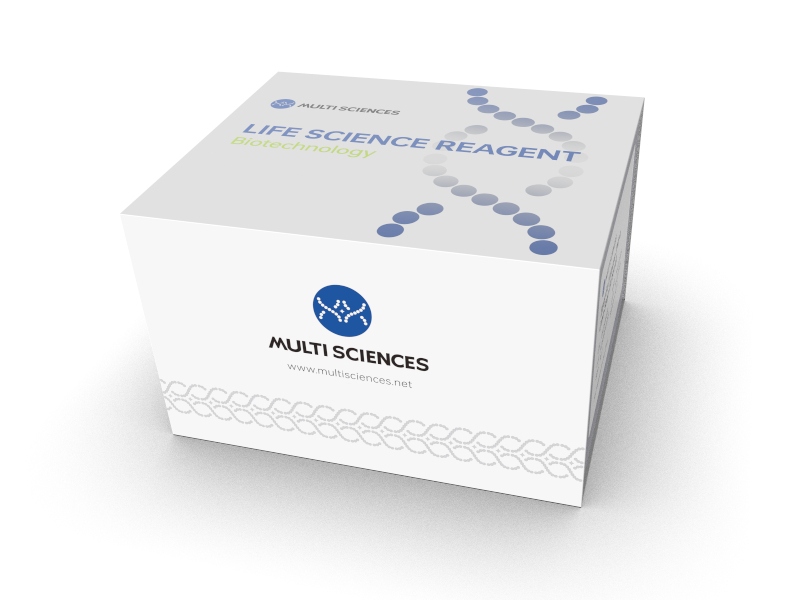
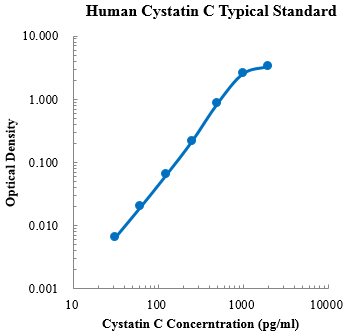
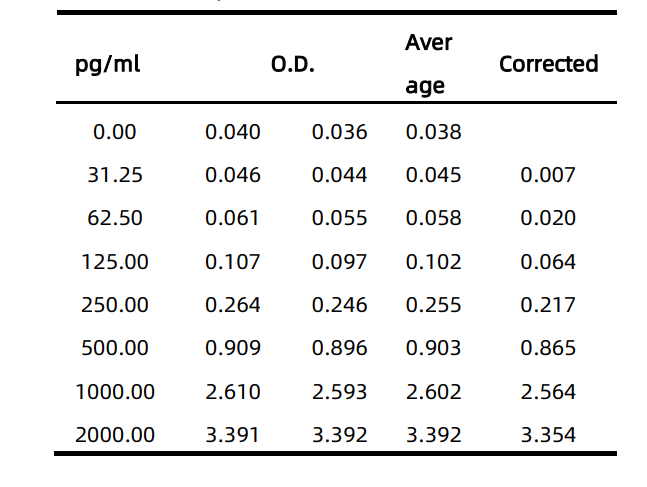

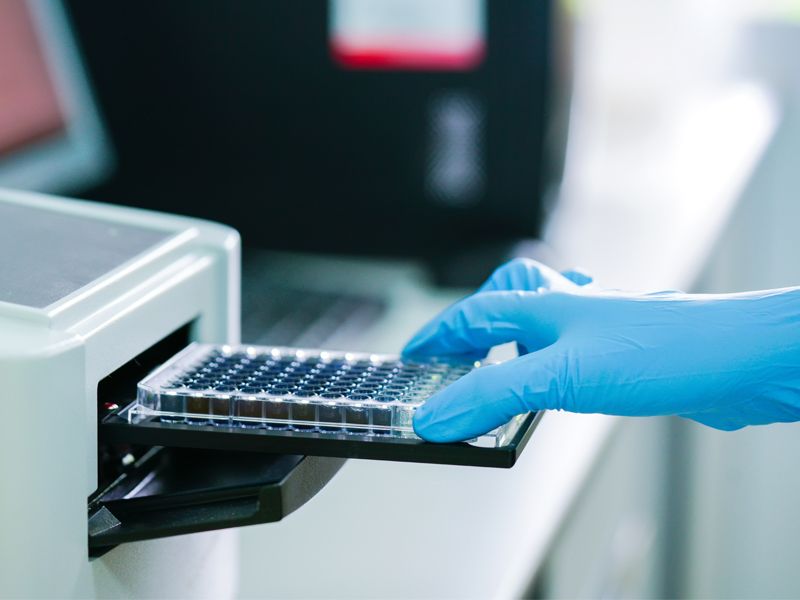
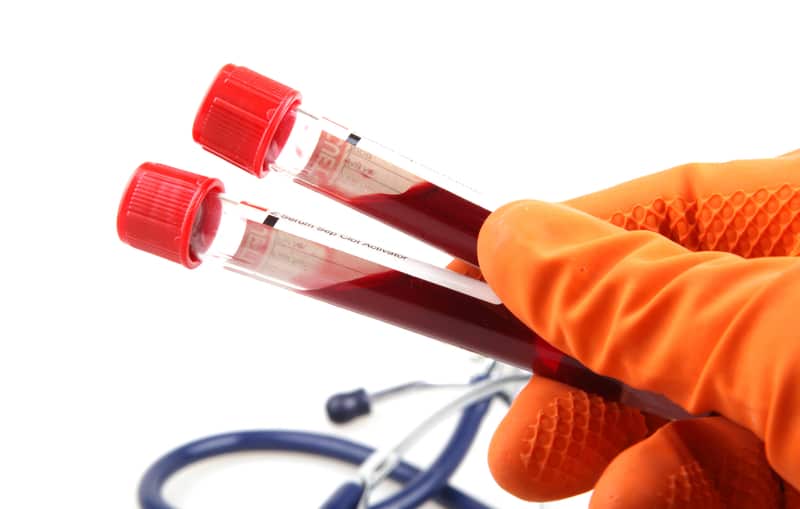

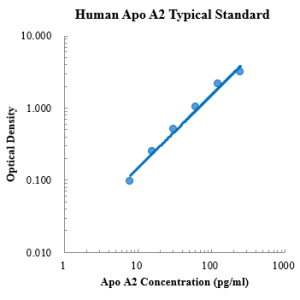
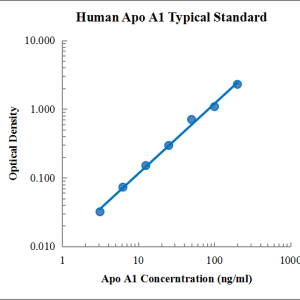
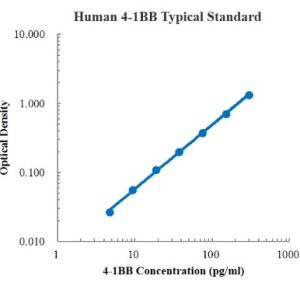
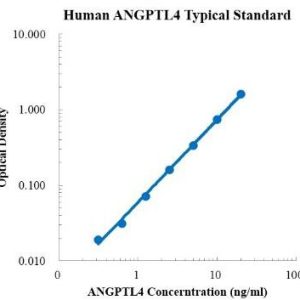
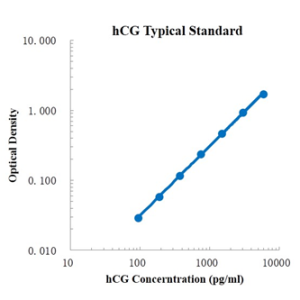
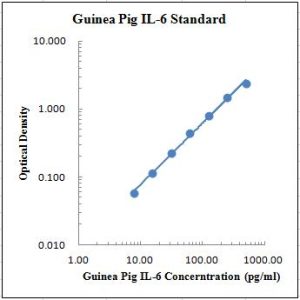
Reviews
There are no reviews yet.